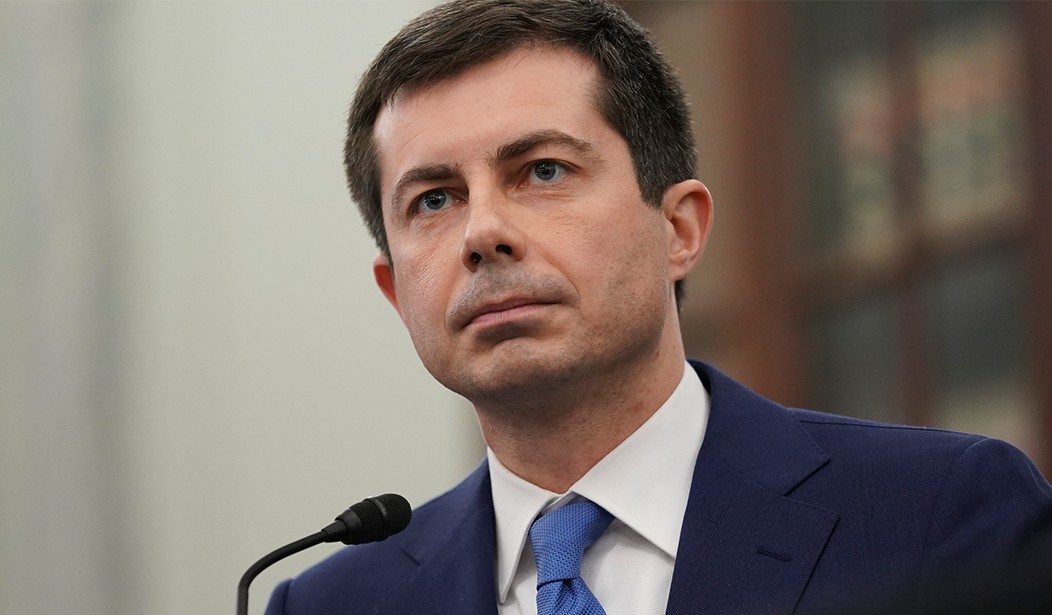Are you flying today? Don’t answer that question without checking your text messages. After a weekend of massive cancellations and delays, airlines announced even more interruptions this morning:
Following a miserable weekend for travel, Monday isn’t looking much better. Another wave of airline cancellations and delays is taking its toll on passengers across the United States on Monday.
According to the flight tracking website, FlightAware, there have been 200 flights canceled so far on Monday. On Sunday, 950 flights were canceled.
A total of 760 flights have been delayed across the United States Monday after nearly 8,000 were delayed Sunday.
Weather in Chicago has had the biggest impact on flight changes, but it’s not the only factor in play. Pilot shortages after the pandemic continue to plague airlines, and other economic issues might be in play:
More than a third of flights at O’Hare — 35 percent of departing flights and 38 percent of arriving flights — had been delayed on Sunday, the most of any U.S. airport in both categories, according to FlightAware.
The National Weather Service forecasted rain and thunderstorms on Sunday morning for the Chicago area, and O’Hare reported arrival delays of roughly 45 minutes and departure delays of roughly 35 minutes as of Sunday afternoon. …
Regional carriers have seen some of the most drastic pilot shortages, with many offering pay incentives to attract and retain pilots.
Business Insider also cites staffing shortages, as well as an entirely predictable post-pandemic surge in demand:
On a global scale, there were 2,246 cancellations and 24,102 delays on Sunday, according to FlightAware.
The high number of flight cancellations and delays come as air travel demand soars after the peak of COVID-19. Staffing shortages in the airline industry, partly caused by redundancies during the pandemic, have led to major disruption for passengers.
Some travelers have been affected by delays because of various reasons, including pilots timing out, aircraft technical issues, and air traffic control problems.
Airline employees warn that the industry is experiencing a “breakdown,” one that might make the situation even worse. Critics think that unions might be using the situation to demand more pay, but flight-attendant union rep Allie Malis from American Airlines insists that the overwork is real and spectacular:
“There’s some kind of breakdown happening that I believe should be preventable. Sometimes the passengers are cheering that you’re arriving because it means their plane’s going to go, or even that they’re upset — they think it’s your fault that the flight has been delayed when you can’t work two flights at once, although I’m sure the airlines wish we could…Why would anyone want to apply to be a flight attendant or any other airline worker when we’re kind of getting worked to the bone?”
“We, as flight attendants, we’re right there with our passengers, we’re in it with them, we feel their frustrations firsthand, if not even more because this has happened to us so frequently since we fly for a living,” she asserted.
Reacting to a claim from the airline industry that staff absenteeism is contributing to the disruption, Malis added that “Flight attendants are being maxed out, working the longest days we’ve had, with the shortest rest periods overnight that we’ve had and that does get you sick, that does lead to exhaustion and fatigue and weakens your immune system.”
Earlier this summer, even fellow Democrats pressed Transportation Secretary Pete Buttigieg to act in the building crisis. He responded by promulgating a rule this week that forced airlines to provide cash refunds rather than credits for flight cancellations, which certainly increases the financial pressure to preserve flights. That hasn’t worked more than incrementally, however, at least not in the immediate moment. Bad weather in Chicago aside, airlines are still canceling flights and now scaling back routes altogether.
There may not be a policy response for this version of a supply-chain crisis. If it’s a labor shortage, then airlines have to figure out a way to increase labor supply, but those solutions will be unavoidably inflationary and might cool demand by making air travel too pricy for already-stressed American households. In the meantime, the snarls and stranded travelers will do nothing but add to the sense of economic disarray and unhappiness that already abounds at the moment.
Buttigieg might end up stranded politically as a result. It’s not easy to run for president from the Transportation Secretary position, but it’s even harder when airline passengers routinely get stranded under your leadership.








Join the conversation as a VIP Member